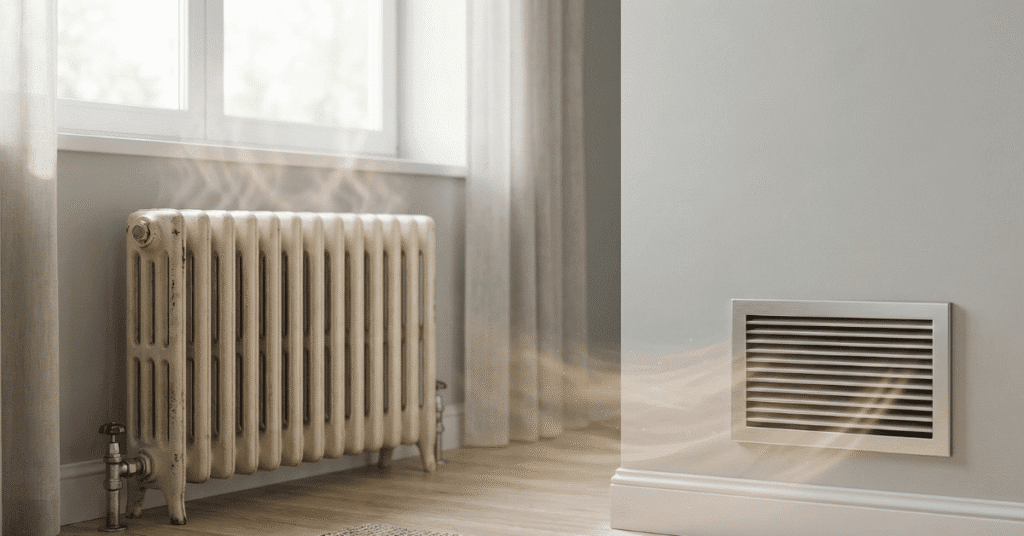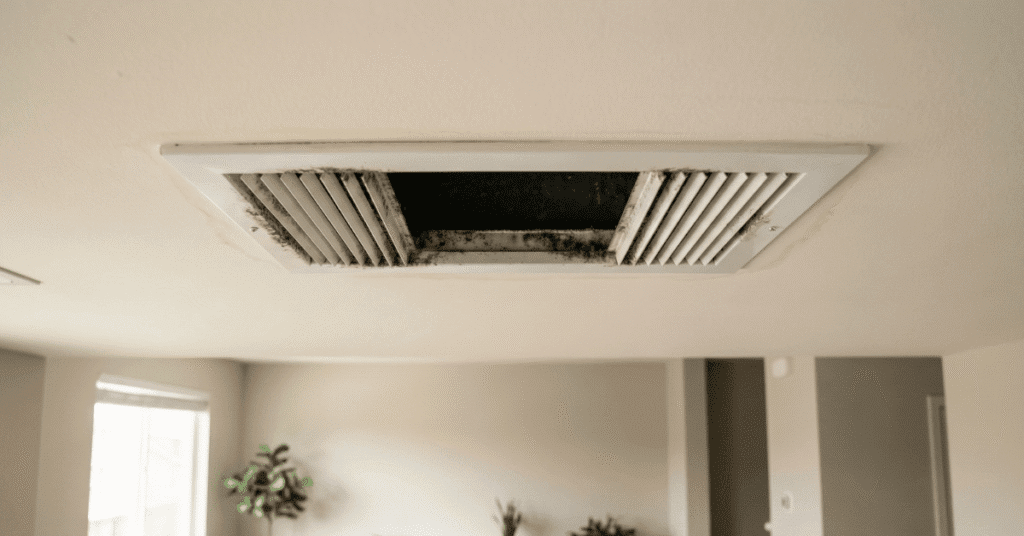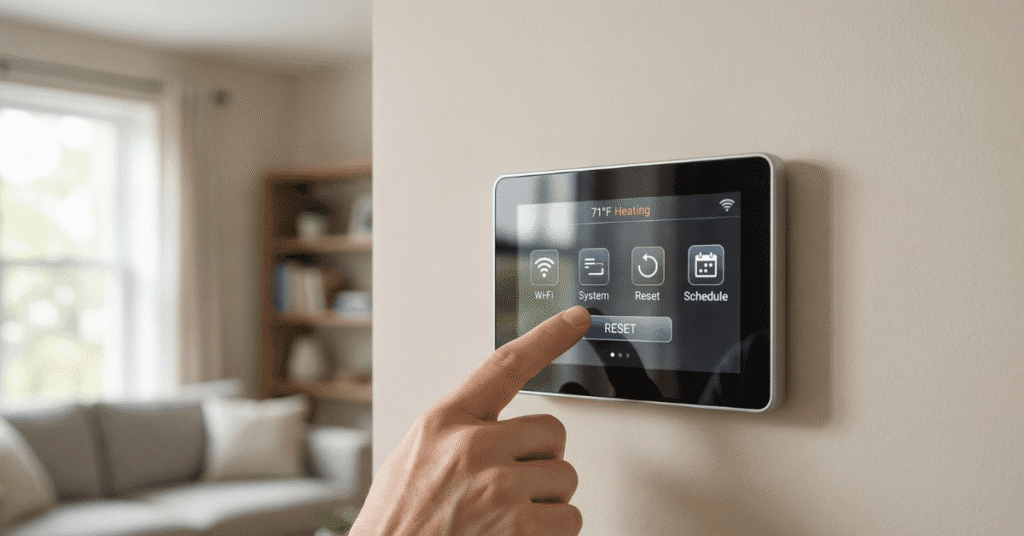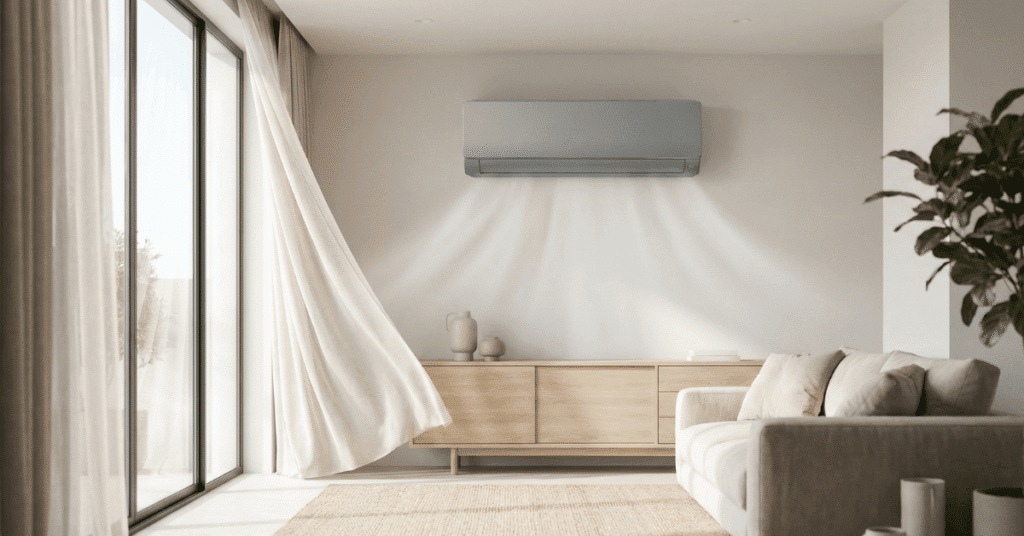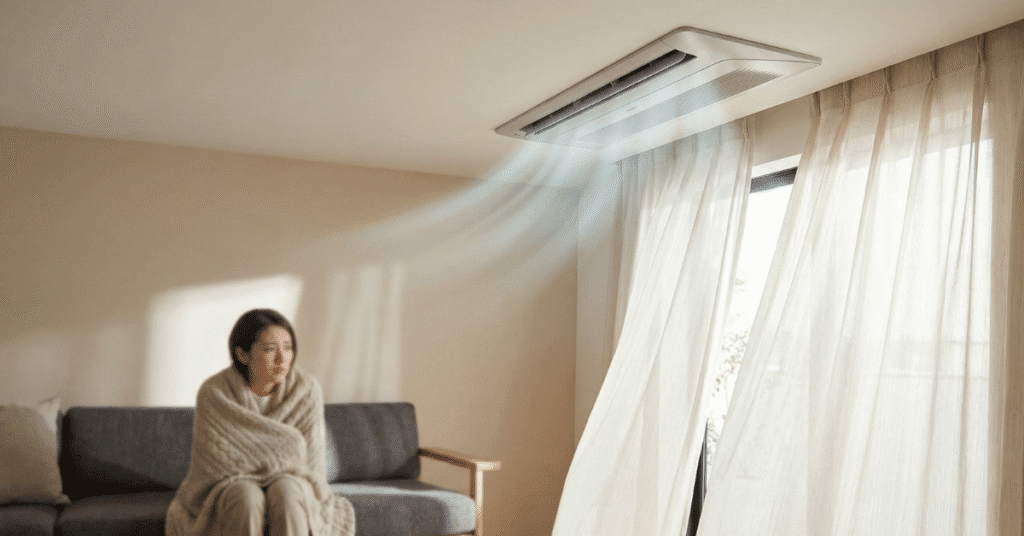Few things are more frustrating on a hot summer day than discovering your air conditioner leaking water. At first, you might notice a small puddle near the AC unit or damp flooring inside the house, but if ignored, that leak water can quickly cause problems such as mold, ceiling stains, or water damage.
What to Do When Air Conditioning Is Leaking?
The good news is that an AC leak often comes from common causes that can be repaired with quick action. Knowing what to do right away not only protects your home but also prevents your HVAC system from breaking down when you need cooling most.
In this guide, we’ll cover the reasons why your AC is leaking water, the first steps you should take, and when it’s time to call a professional for AC repair, cleaning, and installation services.
Why Is Your Air Conditioner Leaking Water?
An air conditioning system does more than cool your home it removes humidity. As warm air passes over the evaporator coil, condensation forms. Normally, this water drips into the drain pan and flows out through the drain lines that lead outside of your home.
If a blockage or damage occurs, the condensate drain line may clog, or the drain pan may overflow, causing water leaking inside. This is one of the most common causes of a leaking air conditioner.
Common Causes of AC Water Leaks
- Clogged drain line – Dirt, mold, or algae can cause a clogged condensate drain line, blocking drainage and leading to water to leak.
- Frozen evaporator coil – Low refrigerant or restricted airflow can cause ice buildup. When the ice melts, it results in excess dripping water.
- Damaged drain pan – A rusted or cracked pan allows water to spill instead of draining properly.
- Dirty air filter – A dirty air filter reduces airflow, which can cause water leaks and even frozen coil issues.
- Improper installation – If the air conditioning unit or lines aren’t angled correctly, it can cause water pooling inside.

Signs You Shouldn’t Ignore an AC Leak
A little moisture or water droplets outside the unit is normal, but these are warning signs:
- AC unit leaking water indoors
- Damp flooring, ceilings, or walls inside the house
- Musty odors caused by mold growth
- Reduced cooling or warm air blowing
- Lot of water pooling outside of your home
If you see these, your air conditioner may have an issue requiring AC repair.
What to Do Immediately If Your AC Is Leaking Water
- Turn off the air conditioner to stop more water damage.
- Clean up the water with towels or a wet/dry vacuum.
- Check the air filter and clean or replace if dirty.
- Inspect the drain lines for blockage and flush with vinegar.
These steps can help prevent serious damage to your AC system.
DIY Troubleshooting Tips
Flush the Drain Line
Pour vinegar into the condensate drain line to remove buildup.
Vacuum the Drain Line
Use a wet/dry vacuum to clear clogs.
Inspect Thermostat and Airflow
Setting the temperature too low or restricted airflow can cause frozen evaporator problems.
Check Insulation
Ensure refrigerant lines are insulated to reduce excess condensation.
If these don’t stop the leaky AC, it’s time to call a professional.

When to Call a Professional HVAC Technician
Call a professional if:
- The AC is leaking water after cleaning and filter replacement
- Ice buildup forms on the evaporator coil
- Low refrigerant levels are suspected
- The drain pan is cracked or corroded
- A recent installation still results in frequent leaks
An expert can diagnose the common cause of AC leaks and prevent damage to your AC long term.
How Professionals Fix an AC Leak
An HVAC technician may perform:
- Deep coil cleaning to restore airflow
- Professional drainage flushing with vacuums
- Drain pan replacement if damaged
- Refrigerant checks and recharging
- Adjustments to ensure proper slope for drainage
These solutions not only stop leaks but also prevent leaks in the future.
Preventing Future AC Water Leaks
Routine cleaning, repair, and installation services extend your system’s life and help prevent leaks.
Maintenance Checklist
- Regularly replace air filters every 1–3 months
- Schedule professional tune-ups for your air conditioning system twice a year
- Clean the air filter and flush drain lines regularly
- Inspect the air handler and coil for buildup
- Keep space around your central air unit clear
By following these steps, you’ll prevent your AC from leaking and avoid water damage inside your home.

Conclusion
A leaky AC can quickly lead to water leakage and costly repairs. While some issues like dirty air filters or minor clogged drain lines can be handled at home, major leaks require professional HVAC repair.
If your air conditioner is leaking water inside, don’t ignore it. Call a professional to inspect, clean, or repair the air conditioning system before the problem gets worse.



